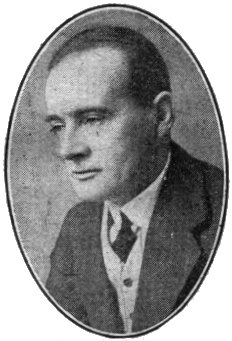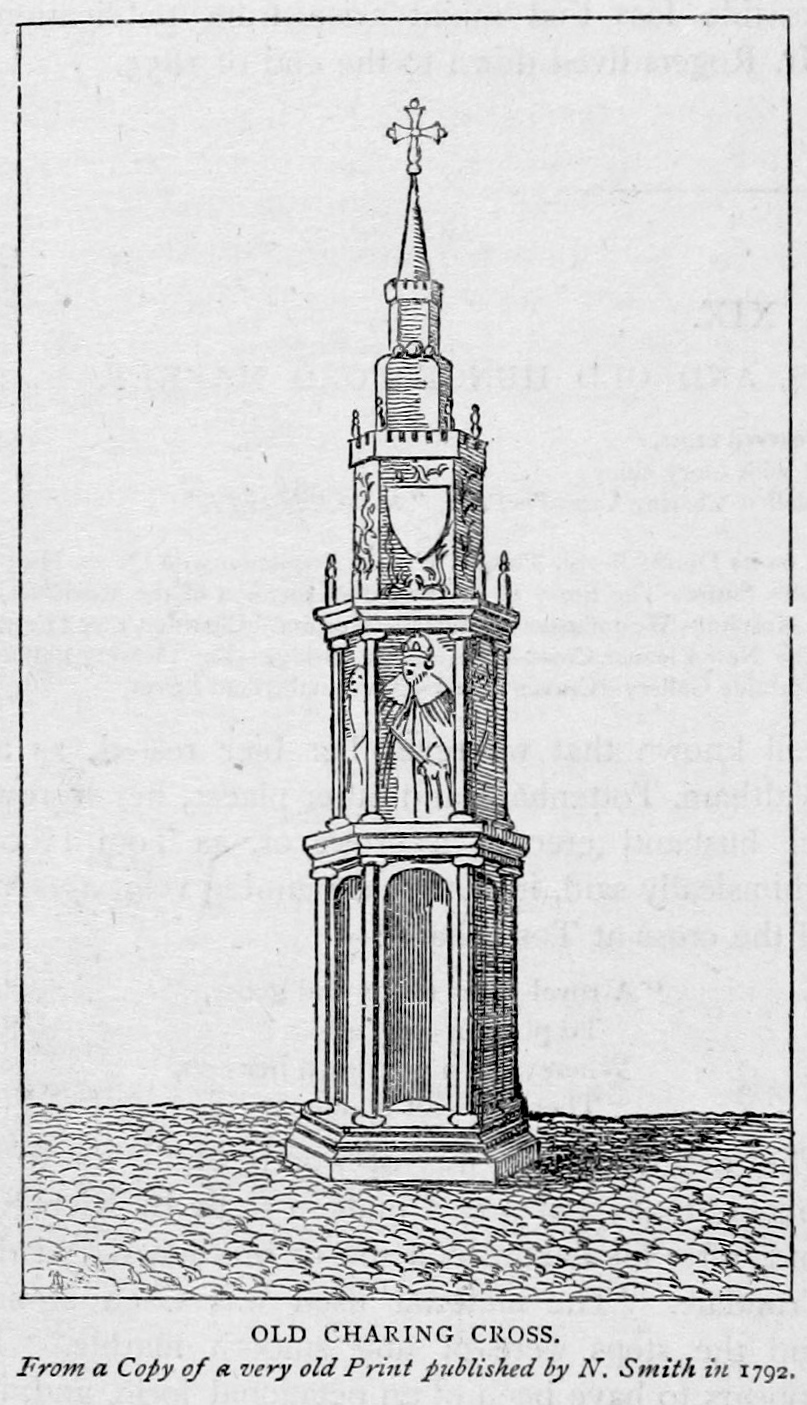|
Official Secrets Act 1911
The Official Secrets Act 1911 (1 & 2 Geo 5 c 28) is an Act of the Parliament of the United Kingdom. It replaces the Official Secrets Act 1889. The Act was introduced in response to public alarm at reports of wide-scale espionage, some of them fomented by popular novels and plays that dramatized the threat, supposedly from Germany, at a time of a rapid naval expansion. Its provisions were extensive, with heavy penalties for any reporting or sketching of military, naval or air defence installations, or the harbouring of people suspected of gathering such intelligence. It has been amended several times; most importantly the "catch-all" provisions contained in section 2 of the Act were repealed and replaced by the Official Secrets Act 1989. The Act applies in the United Kingdom, the Isle of Man, the Channel Islands, and in overseas crown territories and colonies. It also applies to British subjects anywhere else in the world. In the Republic of Ireland, the Act was repealed by sect ... [...More Info...] [...Related Items...] OR: [Wikipedia] [Google] [Baidu] |
Short Title
In certain jurisdictions, including the United Kingdom and other Westminster-influenced jurisdictions (such as Canada or Australia), as well as the United States and the Philippines, primary legislation has both a short title and a long title. The long title (properly, the title in some jurisdictions) is the formal title appearing at the head of a statute (such as an act of Parliament or of Congress) or other legislative instrument. The long title is intended to provide a summarised description of the purpose or scope of the instrument. Like other descriptive components of an act (such as the preamble, section headings, side notes, and short title), the long title seldom affects the operative provisions of an act, except where the operative provisions are unclear or ambiguous and the long title provides a clear statement of the legislature's intention. The short title is the formal name by which legislation may by law be cited. It contrasts with the long title which, while usuall ... [...More Info...] [...Related Items...] OR: [Wikipedia] [Google] [Baidu] |
Agadir Crisis
The Agadir Crisis, Agadir Incident, or Second Moroccan Crisis was a brief crisis sparked by the deployment of a substantial force of French troops in the interior of Morocco in April 1911 and the deployment of the German gunboat to Agadir, a Moroccan Atlantic port. Germany did not object to France's expansion but wanted territorial compensation for itself. Berlin threatened warfare, sent a gunboat, and stirred up German nationalists. Negotiations between Berlin and Paris resolved the crisis on 4 November 1911: France took over Morocco as a protectorate in exchange for territorial concessions to German Cameroon from the French Congo. In Britain, David Lloyd George, then Chancellor of the Exchequer, made a dramatic " Mansion House" speech on 21 July 1911 – with the consent of the prime minister and Foreign Secretary Sir Edward Grey, bypassing the non-interventionist majority in the Cabinet – that denounced the German move as an intolerable humiliation. There was ta ... [...More Info...] [...Related Items...] OR: [Wikipedia] [Google] [Baidu] |
Law Lords
Lords of Appeal in Ordinary, commonly known as Law Lords, were judges appointed under the Appellate Jurisdiction Act 1876 to the British House of Lords, as a committee of the House, effectively to exercise the judicial functions of the House of Lords, which included acting as the highest appellate court for most domestic matters. The House of Lords lost its judicial functions upon the establishment of the Supreme Court of the United Kingdom in October 2009. Lords of Appeal in Ordinary then in office automatically became Justices of the Supreme Court of the United Kingdom, and those Supreme Court justices who already held seats in the House of Lords lost their right to speak and vote there until after retirement as Justices of the new court. Background The House of Lords historically had jurisdiction to hear appeals from the lower courts. Theoretically, the appeals were to the King (or Queen) in Parliament, but the House of Commons did not participate in judicial matters. Th ... [...More Info...] [...Related Items...] OR: [Wikipedia] [Google] [Baidu] |
Royal Assent
Royal assent is the method by which a monarch formally approves an act of the legislature, either directly or through an official acting on the monarch's behalf. In some jurisdictions, royal assent is equivalent to promulgation, while in others that is a separate step. Under a modern constitutional monarchy, royal assent is considered little more than a formality. Even in nations such as the United Kingdom, Norway, the Netherlands, Liechtenstein and Monaco which still, in theory, permit their monarch to withhold assent to laws, the monarch almost never does so, except in a dire political emergency or on advice of government. While the power to veto by withholding royal assent was once exercised often by European monarchs, such an occurrence has been very rare since the eighteenth century. Royal assent is typically associated with elaborate ceremony. In the United Kingdom the Sovereign may appear personally in the House of Lords or may appoint Lords Commissioners, who announce ... [...More Info...] [...Related Items...] OR: [Wikipedia] [Google] [Baidu] |
When William Came
''When William Came: A Story of London Under the Hohenzollerns'' is a novel written by the British author Saki (the pseudonym of Hector Hugh Munro) and published in November 1913. It is set several years in what was then the future, after a war between Germany and Great Britain in which the former won. Plot The "William" of the book's title is German Emperor Kaiser Wilhelm II. The book chronicles life in London under German occupation and the changes that come with a foreign army's invasion and triumph. Like Robert Erskine Childers's novel '' The Riddle of the Sands'' (1903), it predicts the Great War (in which Saki would be killed) and is an example of invasion literature, a literary genre which flourished at the beginning of the 20th century as tensions between the European great powers increased. Much of the book is an argument for compulsory military service, about which there was then a major controversy. The scene in which an Imperial Rescript is announced in a subjugated ... [...More Info...] [...Related Items...] OR: [Wikipedia] [Google] [Baidu] |
Saki
Hector Hugh Munro (18 December 1870 – 14 November 1916), better known by the pen name Saki and also frequently as H. H. Munro, was a British writer whose witty, mischievous and sometimes macabre stories satirize Edwardian society and culture. He is considered by English teachers and scholars a master of the short story and is often compared to O. Henry and Dorothy Parker. Influenced by Oscar Wilde, Lewis Carroll and Rudyard Kipling, he himself influenced A. A. Milne, Noël Coward and P. G. Wodehouse. Besides his short stories (which were first published in newspapers, as was customary at the time, and then collected into several volumes), he wrote a full-length play, '' The Watched Pot'', in collaboration with Charles Maude; two one-act plays; a historical study, ''The Rise of the Russian Empire'' (the only book published under his own name); a short novel, ''The Unbearable Bassington''; the episodic '' The Westminster Alice'' (a parliamentary parody of '' Alice in Wond ... [...More Info...] [...Related Items...] OR: [Wikipedia] [Google] [Baidu] |
Daily Mail
The ''Daily Mail'' is a British daily middle-market tabloid newspaper and news websitePeter Wilb"Paul Dacre of the Daily Mail: The man who hates liberal Britain", ''New Statesman'', 19 December 2013 (online version: 2 January 2014) published in London. Founded in 1896, it is the United Kingdom's highest-circulated daily newspaper. Its sister paper '' The Mail on Sunday'' was launched in 1982, while Scottish and Irish editions of the daily paper were launched in 1947 and 2006 respectively. Content from the paper appears on the MailOnline website, although the website is managed separately and has its own editor. The paper is owned by the Daily Mail and General Trust. Jonathan Harmsworth, 4th Viscount Rothermere, a great-grandson of one of the original co-founders, is the current chairman and controlling shareholder of the Daily Mail and General Trust, while day-to-day editorial decisions for the newspaper are usually made by a team led by the editor, Ted Verity, who suc ... [...More Info...] [...Related Items...] OR: [Wikipedia] [Google] [Baidu] |
The Invasion Of 1910
''The Invasion of 1910'' is a 1906 novel written mainly by William Le Queux (along with H. W. Wilson providing the naval chapters). It is one of the most famous examples of invasion literature. It is viewed by some as an example of pre-World War I Germanophobia. It can also be viewed as prescient, as it preached the need to prepare for war with Germany. Background The novel was originally commissioned by Alfred Harmsworth as a serial which appeared in the ''Daily Mail'' from 10 March 1906. According to historian of Germany Sir Richard Evans, the paper built up "mass alarm" by dressing its London newspaper vendors as Prussian soldiers complete with pickelhaube helmet and placards showing maps of where the 'troops' would be next day. The rewrite of the story, featuring towns and villages with large readership of the ''Daily Mail'', greatly increased the newspaper's circulation and made a small fortune for Le Queux; it was translated into twenty-seven languages, and over one mil ... [...More Info...] [...Related Items...] OR: [Wikipedia] [Google] [Baidu] |
The Riddle Of The Sands
''The Riddle of the Sands: A Record of Secret Service'' is a 1903 novel by Erskine Childers. The book, which enjoyed immense popularity in the years before World War I, is an early example of the espionage novel and was extremely influential in the genre of spy fiction. It has been made into feature-length films for both cinema and television. The novel "owes a lot to the wonderful adventure novels of writers like Rider Haggard, that were a staple of Victorian Britain". It was a spy novel that "established a formula that included a mass of verifiable detail, which gave authenticity to the story – the same ploy that would be used so well by John Buchan, Ian Fleming, John le Carré and many others." All of the physical background is completely authentic – the various Frisian islands and towns named in the book actually exist and the descriptions of them accurate (often, from the author's own experience). The same is true for the various "sands" of the title – vast ... [...More Info...] [...Related Items...] OR: [Wikipedia] [Google] [Baidu] |
Erskine Childers (author)
Robert Erskine Childers DSC (25 June 1870 – 24 November 1922), usually known as Erskine Childers (), was an English-born Irish writer, politician, and militant. His works included the influential novel '' The Riddle of the Sands''. Starting as an ardent Unionist, he later became a supporter of Irish Republicanism and smuggled guns into Ireland in his sailing yacht '' Asgard''. He was executed by the authorities of the nascent Irish Free State during the Irish Civil War. He was the son of British Orientalist scholar Robert Caesar Childers; the cousin of Hugh Childers and Robert Barton; and the father of the fourth President of Ireland, Erskine Hamilton Childers. Early life Childers was born in Mayfair, London, in 1870. He was the second son of Robert Caesar Childers, a translator and oriental scholar from an ecclesiastical family, and Anna Mary Henrietta Barton, from an Anglo-Irish landowning family of Glendalough House, Annamoe, County Wicklow, with interests in France su ... [...More Info...] [...Related Items...] OR: [Wikipedia] [Google] [Baidu] |
Invasion Fiction
Invasion literature (also the invasion novel) is a literary genre that was popular in the period between 1871 and the First World War (1914–1918). The invasion novel first was recognized as a literary genre in the UK, with the novella '' The Battle of Dorking: Reminiscences of a Volunteer'' (1871), an account of a German invasion of England, which, in the Western world, aroused the national imaginations and anxieties about hypothetical invasions by foreign powers; by 1914 the genre of invasion literature comprised more than 400 novels and stories.. The genre was influential in Britain in shaping politics, national policies, and popular perceptions in the years leading up to the First World War, and remains a part of popular culture to this day. Several of the books were written by or ghostwritten for military officers and experts of the day who believed that the nation would be saved if the particular tactic that they favoured was or would be adopted. Pre-"Dorking" Nearly a c ... [...More Info...] [...Related Items...] OR: [Wikipedia] [Google] [Baidu] |
Charing Cross
Charing Cross ( ) is a junction in Westminster, London, England, where six routes meet. Clockwise from north these are: the east side of Trafalgar Square leading to St Martin's Place and then Charing Cross Road; the Strand leading to the City; Northumberland Avenue leading to the Thames Embankment; Whitehall leading to Parliament Square; The Mall leading to Admiralty Arch and Buckingham Palace; and two short roads leading to Pall Mall. The name also commonly refers to the Queen Eleanor Memorial Cross at Charing Cross station. A bronze equestrian statue of Charles I, erected in 1675, stands on a high plinth, situated roughly where a medieval monumental cross had previously stood for 353 years (since its construction in 1294) until destroyed in 1647 by Cromwell and his revolutionary government. The famously beheaded King, appearing ascendant, is the work of French sculptor Hubert Le Sueur. The aforementioned eponymous monument, the "Charing Cross", was the largest an ... [...More Info...] [...Related Items...] OR: [Wikipedia] [Google] [Baidu] |
.jpg)




